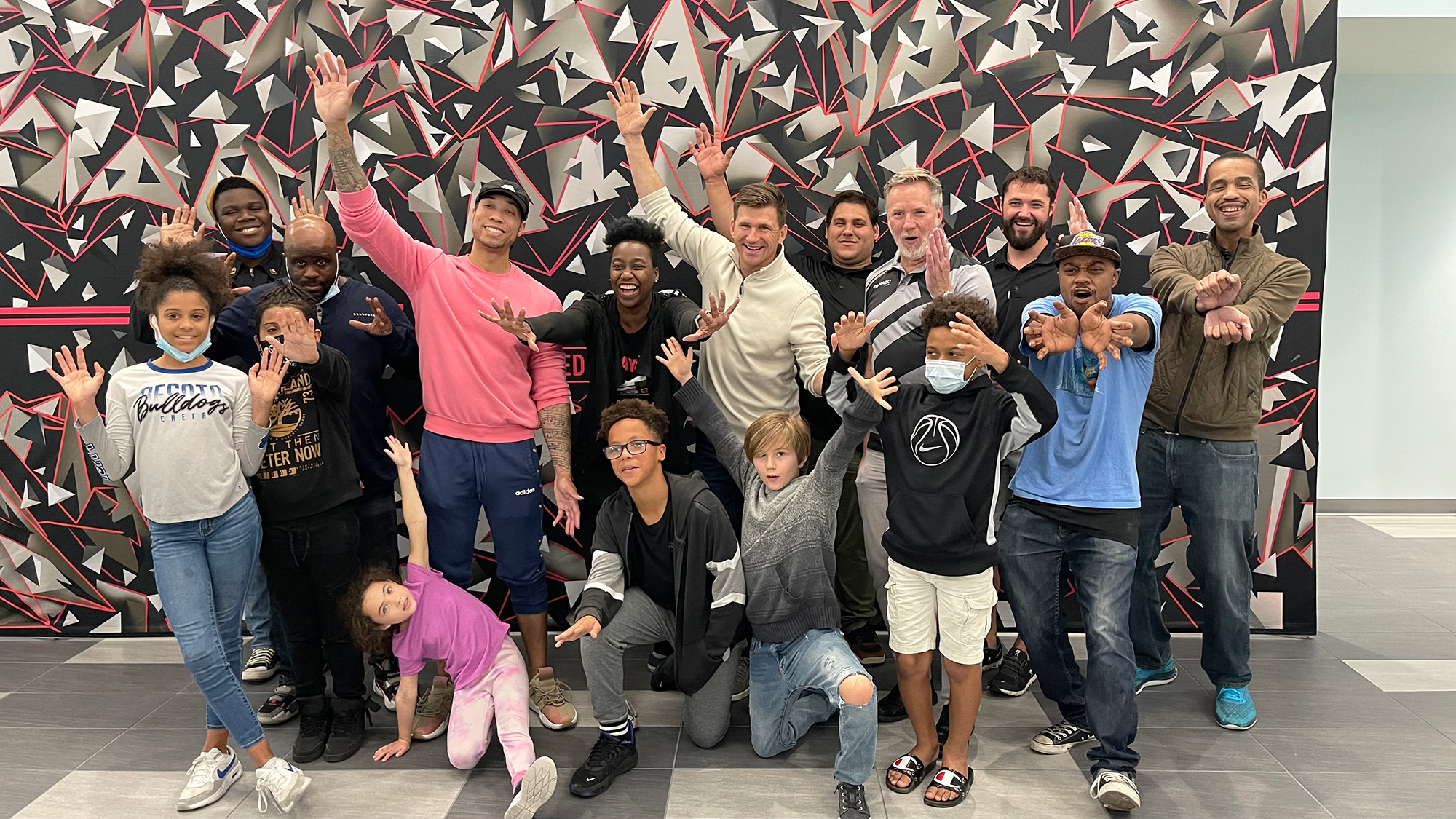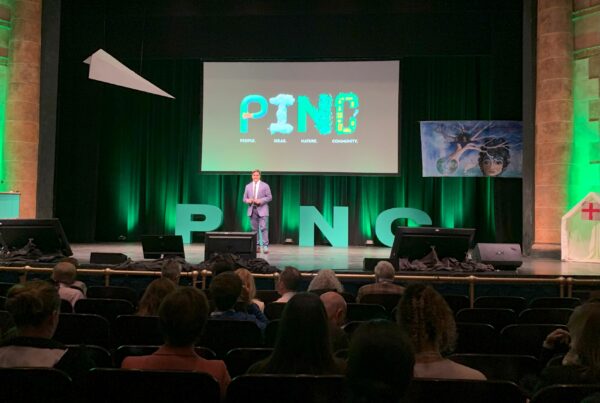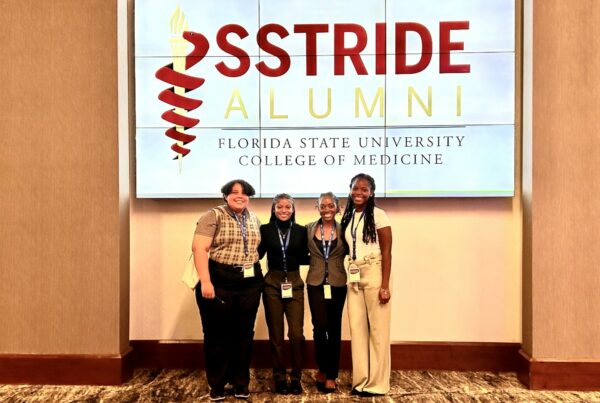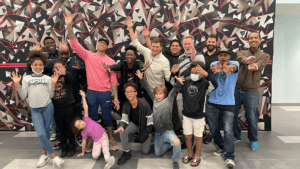 Science, technology, engineering, arts, and math (STEAM) programs have been sweeping the nation and its classrooms, but some teachers are finding that not all students embrace the idea. They have quickly discovered that just because you built it – robots in this case – doesn’t mean students will come.
Science, technology, engineering, arts, and math (STEAM) programs have been sweeping the nation and its classrooms, but some teachers are finding that not all students embrace the idea. They have quickly discovered that just because you built it – robots in this case – doesn’t mean students will come.
Haitian-American Neirda Thompson-Pemberton had a successful career as a civil engineer, but something had been nagging her. She was dismayed by the lack of other people of color, especially women, in her profession. In the 2000’s, Thompson-Pemberton made the decision to transition from her profession to help pave the way for more underrepresented kids to have the opportunity to explore coding, robotics, and even forensic science.
She volunteered with professional organizations including The Florida Engineering Society & The Society of Civil Engineers and other organizations that hosted S.T.E.A.M. based events to teach kids about the STEAM industry, but Thompson-Pembertob wanted to do more to engage students with these subjects.
Although this generation of students are considered digital natives, Thompson-Pemberton found that the digital literacy gap was just far too present, especially for children from low-income households that don’t own computers or iPads, or who even have access to the internet.
“We found that in some cases the complexity of the activity was enough just to scare a child away,” she says. “It’s understandable. If they’ve never touched a computer before, how can you expect a child to sit down and learn how to code? They don’t even know how to save a file.”
Later, in 2019, Thompson-Pemberton founded FUNducation as a way to better inspire students to dive into the STEAM world, help bridge the digital literacy gap, and double down on the “FUN” aspect of her work.
Thompson-Pemberton utilizes what she dubs as “educational espionage,” a strategy in which an activity becomes so much fun and engaging that a student doesn’t even realize that they’re learning something. She’s so far utilized hands-on experiences like flying drones, building robots, and puzzles to expose children to mathematics, engineering, and even cybersecurity.
Still, she is finding new ways to get more kids to show up and is inspired the challenge of reaching them where they are the most open and fearless. FUNducation recently decided to focus on a quickly emerging market: video games and esports.
“I realized we have to meet the kids where they are,” she explains. “The fact is that today kids are gaming in their free time or watching esports, but they don’t realize there’s a whole world to learn from that industry.”
FUNducation just became one of the first organizations in the country to get their hands on HADO, an augmented reality game that acts like a virtual kind of dodgeball. Kids as young as six years’ old can participate by putting on virtual reality headsets, which turns the environment around you into a digital interface with virtual objects in the real world (indoor or outdoor). Players run freely within real-world “battle” arenas and utilize wrist motion sensors to conjure up energy balls that they then fling at their opponents while dodging and protecting themselves with shields.
A recent event at State College of Florida’s Center for Advance Technology and Innovation was a great success. The competition drew out plenty of families, and the kids didn’t even know they were learning while having fun and putting in a workout.
“PE is the only subject in schools that hasn’t been touched by STEAM,” she says. “If you think about it, gym class is still being taught like it was in the 50’s and 60’s. This technology could be revolutionary because it not only helps kids learn and become more digitally literate, but they are also active and utilizing their bodies.”
FUNducation’s Esports Edu program aims to also engaged students in the skills and careers they will find in the booming, multi-billion-dollar industry of video games and esports. They plan to teach children the ins and outs of design, video creation, event planning, online streaming, and even esports law and team management.
“Many people don’t realize that the young people who are gaming professionally these days are entrepreneurs,” she says. “There’s a lot we could all learn from them.”
FUNducation recently received a $120,000 grant from Charles & Margery Barancik Foundation to expand its work, the largest gift the organization has received to date. The funds will be used to hire more staff and help build more community partnerships. FUNducation plans to team up with Sarasota County Schools and also create a pipeline with local colleges who already have esports programs.
To learn more, visit https://www.funducation.org/
Check out the game in action below!
